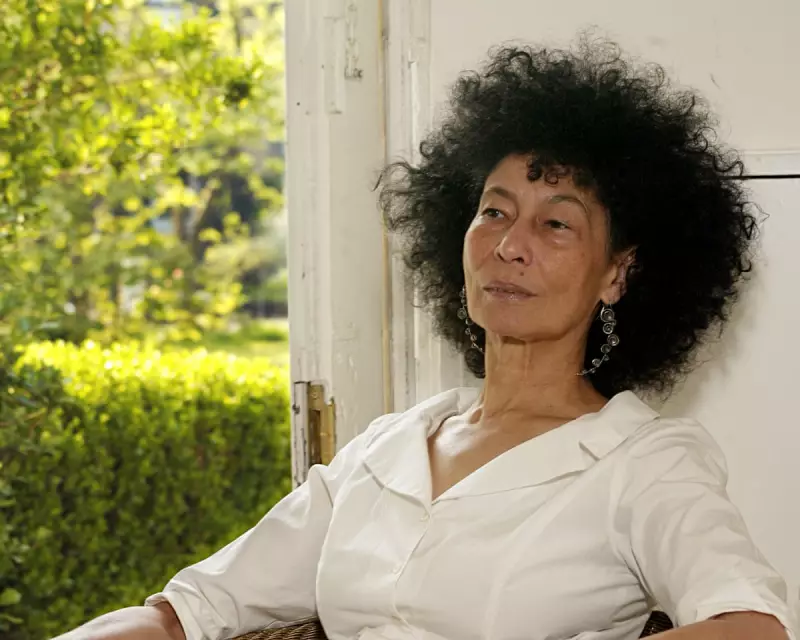
The literary world mourns the passing of Zoe Wicomb, the celebrated South African author whose profound explorations of identity, displacement, and the complexities of coloured experience established her as one of the most distinctive voices in contemporary literature.
A Life Between Worlds
Born in 1948 in the rural village of Vanrhynsdorp, Wicomb's writing was deeply rooted in her experiences growing up during apartheid's darkest years. Her work masterfully captured what she described as the "condition of being between" – navigating the complex spaces between racial classifications, geographical homes, and cultural identities.
Literary Breakthrough and Critical Acclaim
Wicomb burst onto the literary scene with her 1987 short story collection You Can't Get Lost in Cape Town, which immediately established her unique narrative voice. Her masterpiece, David's Story, published in 2000, was shortlisted for both the Commonwealth Writers' Prize and the Dublin International Literary Award, cementing her reputation as a writer of extraordinary talent.
Her novels and stories consistently challenged conventional narratives, blending fiction with historical documentation and personal reflection to create rich, multi-layered texts that resisted easy categorization.
Academic Legacy and International Impact
After years in exile during apartheid, Wicomb returned to South Africa in the early 1990s, later settling in Glasgow where she became an Emeritus Professor at the University of Strathclyde. Her academic work focused on postcolonial writing and South African literature, influencing generations of scholars and writers.
- Groundbreaking exploration of coloured identity in post-apartheid South Africa
- Innovative narrative techniques that blended fiction with historical critique
- International recognition for her contributions to world literature
- Mentorship of emerging writers through academic and creative channels
Enduring Literary Influence
Wicomb's body of work, though not extensive in quantity, represents some of the most sophisticated and intellectually challenging fiction to emerge from South Africa. Her writing continues to be studied worldwide for its formal innovation and its profound engagement with questions of history, memory, and identity.
Her legacy endures through her powerful storytelling, which gave voice to experiences often marginalized in both colonial and post-colonial narratives, ensuring that future generations will continue to discover and learn from her remarkable literary achievements.





